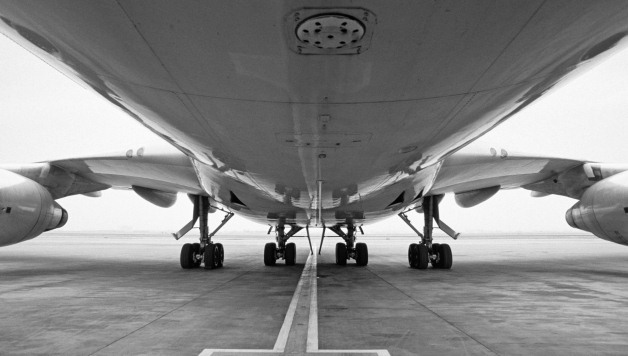Following on from the ACCC’s draft decision in July, the ACCC has issued its final decision to re-authorise the alliance between Virgin Australia and Air New Zealand, subject to specified conditions. The decision authorises the alliance and code share agreements between the carriers which facilitate coordination of their international air passenger transport operations between Australia and New Zealand, but excludes the carriers’ freight operations and domestic networks.
The authorisation will commence on 1 January 2014, following the expiry of the existing authorisation on 31 December 2013. In contrast to the draft decision, in which the ACCC proposed a 3 year term, the final determination is for just under 5 years, expiring on 31 October 2018. During the consultation on the draft determination, the parties emphasised the importance of the longer term for purposes of achieving the anticipated efficiencies and public benefits and for obtaining a level of certainty for investment required to implement the alliance. In light of the conditions imposed in the authorisation, the ACCC agreed that the longer term is acceptable.
Wrapping up its review, which included public consultation with interested parties on the draft decision, the ACCC concluded that the carriers will continue to face sufficient competitive constraints on most trans-Tasman routes. However, the ACCC considers that the alliance facilitates an increased incentive and ability to unilaterally reduce capacity which could result in increased fares between:
- Christchurch and each of Melbourne and Brisbane;
- Wellington and Brisbane;
- Queenstown and Brisbane;
- Dunedin and Brisbane; and
- Auckland and the Gold Coast.
In order to address any potential detriment, the authorisation contains a condition in relation to the identified routes, requiring the airlines to maintain, at a minimum, an aggregated base level of capacity. In addition, rather than prescribing a growth factor at this stage, as was proposed in the draft decision, the parties are required to provide key performance/capacity figures to the ACCC on a regular basis to enable it to review the ongoing impact of the alliance and whether the minimum base level capacity should be adjusted. The first review is scheduled for 1 September 2015.
The ACCC is otherwise comfortable that at a broad level the continued alliance should facilitate enhanced competition in the region by encouraging an increased competitive response from the Qantas-Jetstar/Emirates alliance. Absent the alliance, the ACCC considered that the carriers may be at a disadvantage to the Qantas-Jetstar/Emirates alliance and, as a result, they may in time reconsider the viability of continuing to operate on certain routes, which could have a detrimental public impact.
ACCC commissioner Dr Jill Walker stated that “The alliance will allow the two airlines to offer enhanced products and services, such as new frequencies and increased access to loyalty program benefits and lounges. This is likely to promote competition on trans-Tasman routes, particularly for business travellers.”
In response to the decision, Virgin Australia CEO John Borghetti has said: “Since the launch of the Alliance in 2011, Virgin Australia and Air New Zealand have been able to offer consumers a better choice of flights, improved connections and increased capacity on the Tasman. We welcome today’s decision by the ACCC as it will enable us to continue to work together for the benefit of consumers, tourism and business in Australia“.








